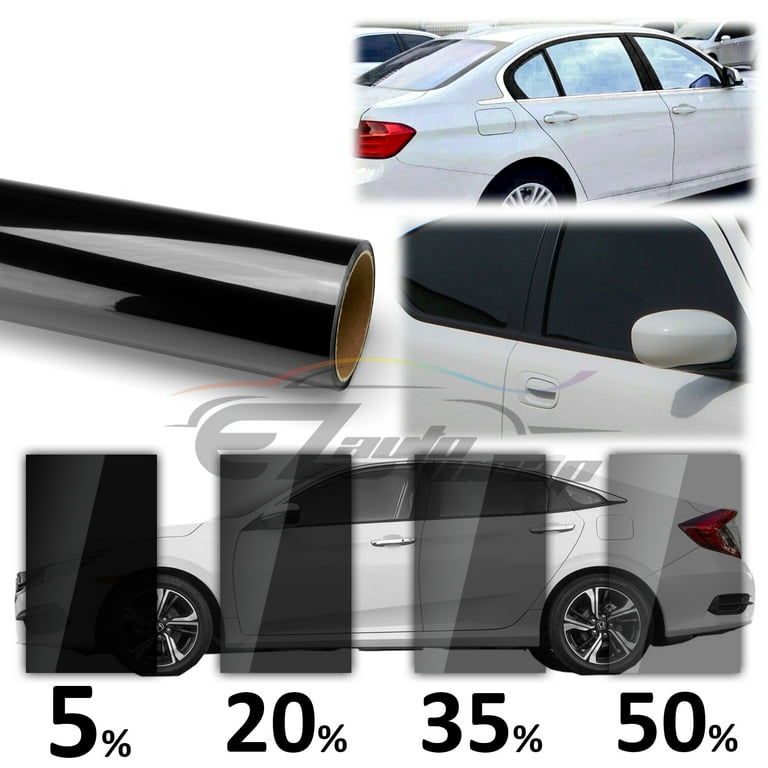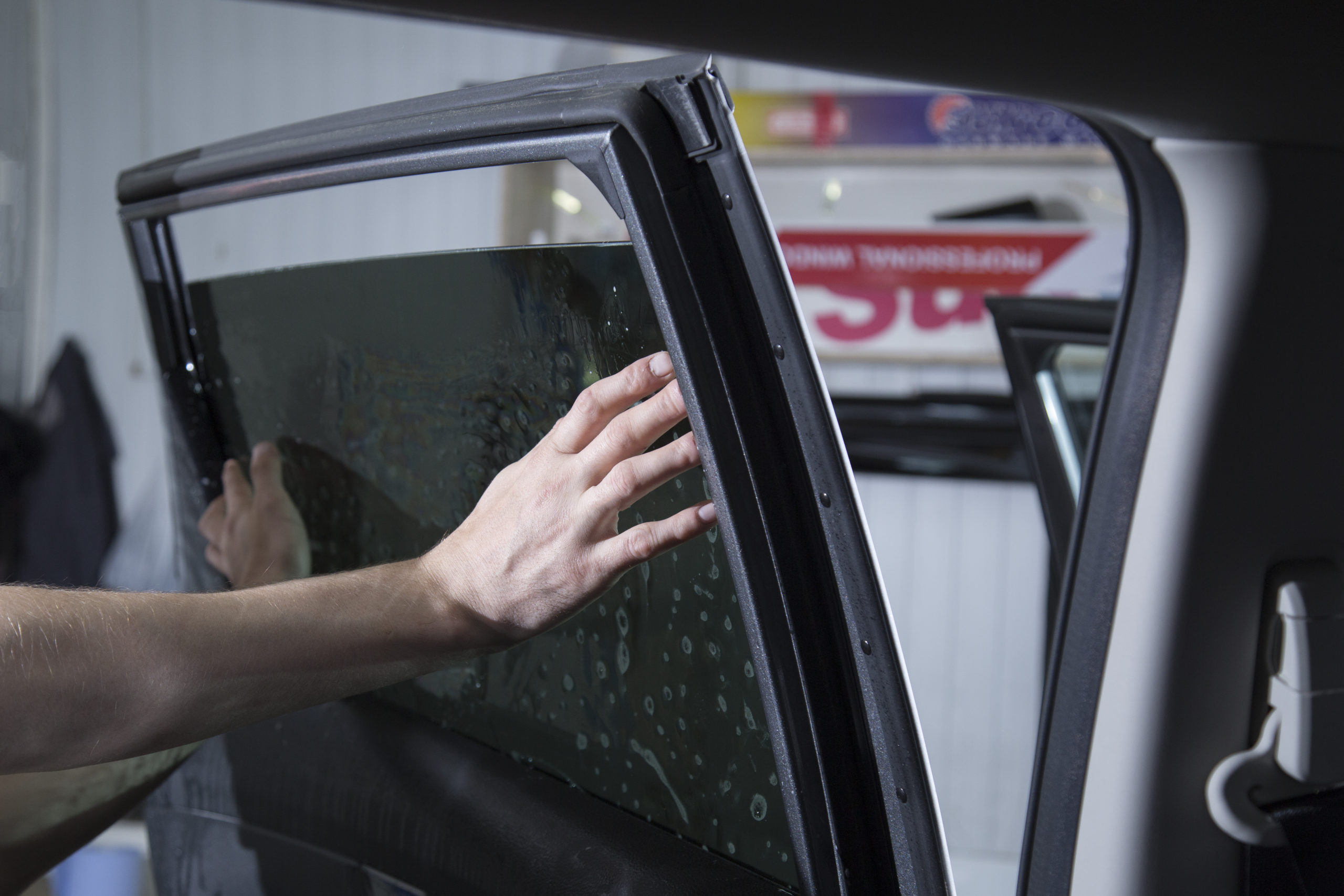Vehicle Window Tinting: Boost Convenience and Decrease Glare While Driving
Vehicle Window Tinting: Boost Convenience and Decrease Glare While Driving
Blog Article
Home Window Tinting Regulations and Guidelines: What You Required to Know Before Tinting Your Car
Before waging home window tinting for your car, it is important to familiarize yourself with the varied legislations and guidelines that govern this technique throughout different states. These regulations determine the permitted levels of tint darkness, usually determined by noticeable light transmission (VLT) percentages, and include particular specifications for front windshields focused on guaranteeing roadway security. Additionally, certain territories might offer medical exemptions for individuals with qualifying conditions. Understanding these intricacies can conserve you from potential legal implications, however what are the specific guidelines in your state?
Review of Window Tinting Regulations
Home window tinting laws are often subject to variant across various territories, reflecting local guidelines and security factors to consider. These legislations dictate the permitted degrees of tint darkness and reflectiveness on lorry windows, ensuring that motorists preserve appropriate exposure while additionally safeguarding against hazardous UV rays and warmth.
A lot of policies classify window tinting based upon the Visible Light Transmission (VLT) percent, which indicates the amount of light that can go through the home window. Usually, lower VLT percents symbolize darker colors. Legislations commonly set apart between the front, side, and back home windows, with stricter constraints put on the front windscreen to improve security for both the chauffeur and other road individuals.
Conformity with window tinting regulations is important, as offenses can result in penalties, compulsory removal of the color, and potential rises in insurance policy premiums. It is vital for automobile owners to acquaint themselves with local legislations prior to proceeding with window tinting installments.
State-by-State Tint Rules
Recognizing the specific window tinting policies in each state is vital for vehicle proprietors seeking to conform with the regulation. Each state in the U.S. has actually established its very own set of rules controling home window tinting, which can differ substantially. These laws frequently determine the permitted degrees of color darkness, the sorts of home windows that can be tinted, and any type of clinical exceptions that might use.
For circumstances, states like California have stringent limitations on color darkness for front windows, while others, such as New Mexico, may enable darker colors. Furthermore, certain states mandate particular visibility percentages for various home windows, including the windscreen, front side windows, and rear home windows. It is critical for automobile owners to acquaint themselves with their state's legislations to prevent prospective fines or penalties.
Moreover, some states may require a certification sticker label to be put on colored windows, indicating conformity with state legislations. Failure to follow these policies not just risks legal repercussions but can likewise affect security and presence while driving. Therefore, automobile proprietors should conduct complete research or speak with regional authorities to make sure complete understanding and conformity with state-by-state tint regulations.
Allowed Tint Degrees and Types
Lots of automobile owners may be amazed to discover that permitted tint degrees and types vary commonly throughout various states. Each state has developed its very own laws relating to the acceptable darkness and reflectivity of window color, frequently measured by Visible Light Transmission (VLT) percentages. VLT refers to the quantity of light that can travel through the tinted windows; hence, a reduced percent suggests a darker color.

In addition, the kinds top article of color products enabled can vary, with some states banning mirror-like or metallic finishes. It is vital for lorry owners to acquaint themselves with their state's particular laws to make certain conformity. Non-compliance can result in fines, obligatory elimination of the color, or other legal effects, making it important to understand these laws prior to proceeding with installment.
Medical Exemptions for Tinting
While not all states give allocations for medical exceptions pertaining to home window tinting, those that do acknowledge the requirement for details individuals to improve exposure and comfort as a result of medical conditions. Numerous medical conditions, such as lupus, skin cancer, and particular eye conditions, can provide people specifically conscious sunlight. Subsequently, these people may need darker tints to secure themselves from dangerous UV rays and glow.

It is essential to note that despite having a clinical exemption, there might still be constraints on the degree of tint permitted. Compliance with state regulations makes sure that people are both protected and within legal limits. Those considering medical exceptions ought to contact their local Division of Motor Vehicles or equivalent authority to understand the needs and procedures necessary to request an exemption effectively.
Charges for Non-Compliance
Stopping working to adhere to window tinting laws can cause substantial penalties, which differ by state. Police are encouraged to issue citations for lorries that do not abide by the defined tinting laws. These fines commonly consist of penalties, which can range from moderate total up to several hundred bucks, depending upon the seriousness of the infraction and the state concerned.
In some territories, duplicated offenses might cause escalating penalties or added fines, such as mandatory court looks. Furthermore, non-compliance might necessitate the elimination of prohibited tinting, commonly at the proprietor's expenditure. In severe cases, regular wrongdoers may face suspension of their lorry Discover More registration till compliance is accomplished.
In addition, insurance effects may arise from receiving multiple citations for window pop over to this web-site color offenses. Insurance firms might watch such infractions as an indication of riskier behavior, potentially bring about raised premiums or problem in insurance coverage.
To avoid these penalties, it is crucial for automobile owners to familiarize themselves with their neighborhood window tinting laws and ensure that their vehicle complies (Window Tinting). This positive strategy not just avoids lawful ramifications but additionally advertises road safety
Verdict

The majority of guidelines identify home window tinting based on the Visible Light Transmission (VLT) portion, which shows the amount of light that can pass via the home window. Compliance with home window tinting laws is essential, as infractions can result in penalties, required elimination of the tint, and prospective increases in insurance coverage premiums.Understanding the specific home window tinting laws in each state is crucial for car proprietors looking for to comply with the regulation. These regulations commonly determine the permitted levels of tint darkness, the types of windows that can be tinted, and any kind of clinical exceptions that may apply.
For instance, states like The golden state have stringent restrictions on color darkness for front windows, while others, such as New Mexico, might enable darker tints.
Report this page